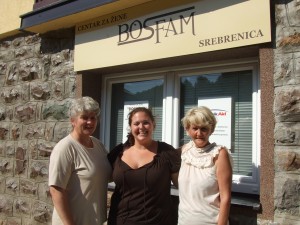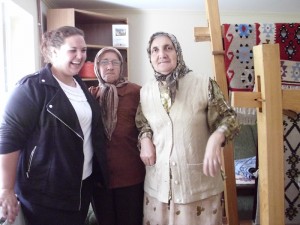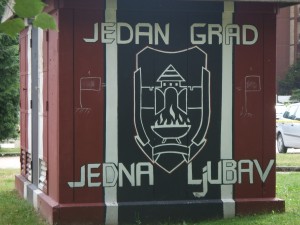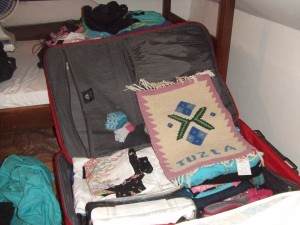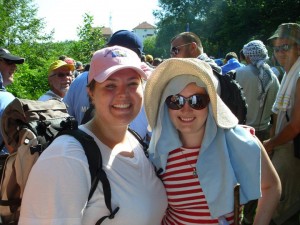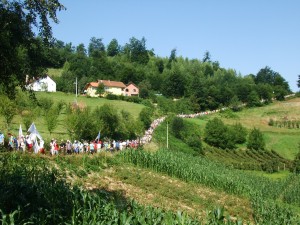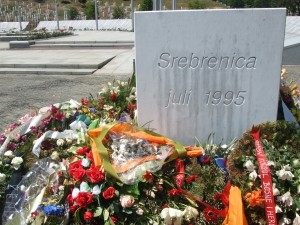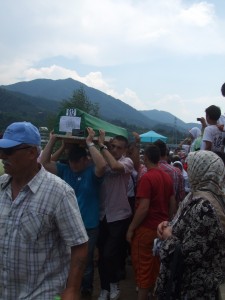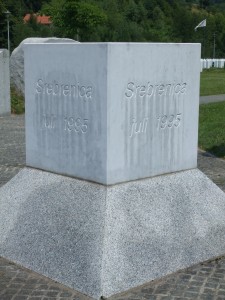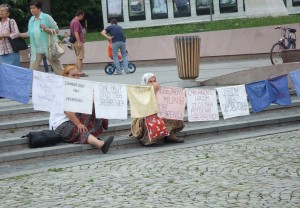It’s starting to finally set in. I have four days left in Bosnia. Not only will I board a plane on Saturday and head to Munich and eventually land in San Francisco, but I also will leave behind my current home. It is three months after I left California and I find myself at home and comfortable with life, as I know it here. Bosnia has been wonderful to me and I don’t know if I am truly ready to leave. Of course, I am ready to see my family, my boyfriend, and my friends, finish grad school, and return to my life. But I know I will be leaving behind memories and experiences unlike any I have known before.
This summer has been exceptional. I have learned more than I thought possible. I learned how to get my point across with my limited Bosnian vocabulary and how to tailor my words to fit any situation. I went from talking about whether or not I am tired or hungry to having full-blown conversations about the simplicity and beauty of life despite cultural barriers (one of my favorites was about the proportionality of a little person). I learned how to discuss a carpet, the wool that one uses to make such a carpet, and the draft that Bosnians deeply fear. I learned that I must never go outside with wet hair. I made friends. I connected with an ex-pat community and made great friends with the women working at BOSFAM. I traveled to Eastern Bosnia, Sarajevo, Srebrenica, Croatia, and Montenegro. Most importantly, I learned the stories of the women who I have come to love. I learned about their pain, their humility, and their strength.
I wonder if I can fully explain how I am feeling right now. I will not miss hand washing my clothes or the daily mental drain of understanding the language. I will miss drinking coffee twice a day and knowing how my presence affects these women. There is something about the Balkans that has grabbed onto me and has not let go. In my fourth trip to this region, I am definitely not finished. From the food to the people to the language, I have fallen in love. The Balkans will be in my heart permanently.
Who knows what the future will hold? Thus far I continue to be surprised with the passing of each year. Four years ago I never thought I would study abroad in Croatia, Serbia, and Bosnia. Two years ago I never thought that I would spend my summer in Pittsburgh studying Croatian. I certainly did not foresee coming back to Bosnia this summer for this peace fellowship. As I pack my bags, I can’t help but wonder when I will pack them again. All I know is that I have not said goodbye to Bosnia forever.
